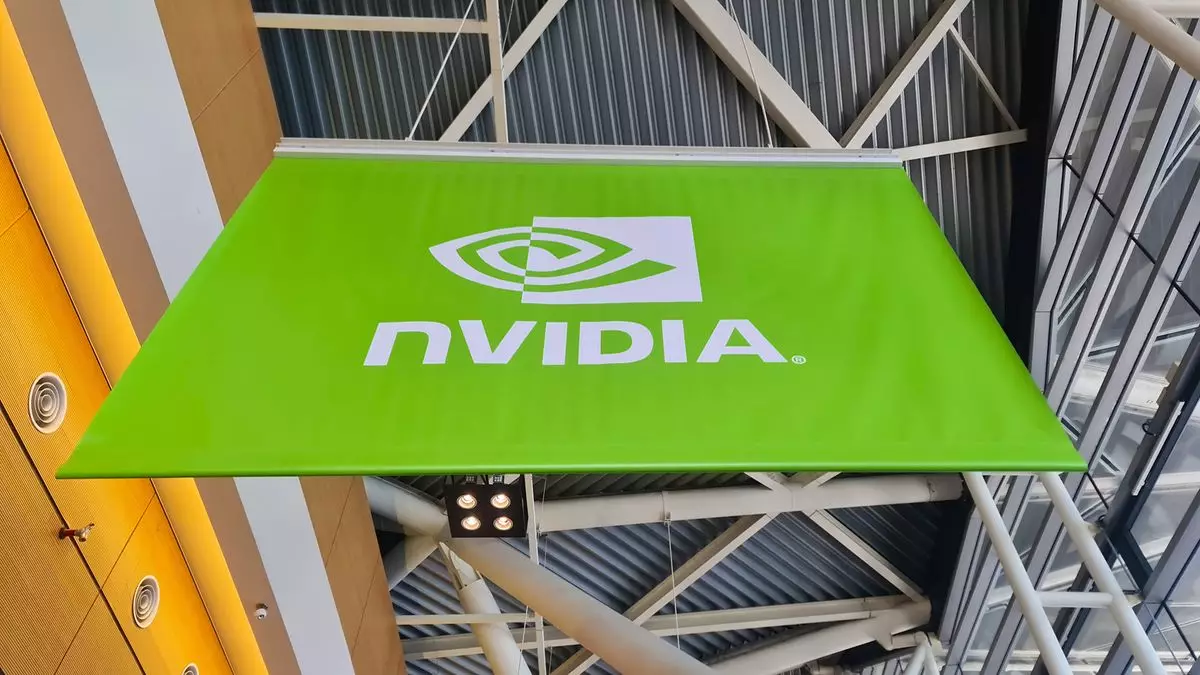Nvidia, the prolific graphics processing unit (GPU) manufacturer, finds itself entrenched in legal battles that may not significantly impact its financial prowess, but the implications of these lawsuits stretch beyond mere financial considerations. The ongoing legal proceedings, particularly the resurfacing class action lawsuit from 2018, cast a shadow over Nvidia’s reputation and raise important questions about accountability in the tech industry. This article delves into the situation surrounding the lawsuit, its historical context, and the potential ramifications for both Nvidia and other technology companies.
The lawsuit in question primarily revolves around allegations that Nvidia misrepresented its reliance on the cryptocurrency market, thus misleading its investors. It’s not a straightforward case, as evidenced by its tumultuous trajectory; previously dismissed in 2021, it has been resurrected through the efforts of the 9th Circuit Court of Appeals. Nvidia’s defense hinges on the 1995 Private Securities Litigation Reform Act, which aims to reduce frivolous lawsuits in the securities domain. The crux of the argument before the U.S. Supreme Court is whether the plaintiffs’ claims warrant examination based solely on the evidence presented prior to litigation.
This judicial consideration underscores a crucial point in securities fraud cases: the balance between providing enough evidence to initiate a lawsuit while simultaneously allowing for the discovery of proof during the legal proceedings. The Supreme Court’s ruling in this case could have broader implications, potentially altering the standards applied to class action lawsuits involving corporate fraud allegations. If Nvidia prevails, it might create a precedent that necessitates a higher bar for evidence at the outset of securities litigation, which could significantly hamper shareholders’ ability to hold corporations accountable.
Understanding the significance of this class action requires looking back at both Nvidia’s actions and the nature of the cryptocurrency boom that turbocharged GPU sales. In 2022, Nvidia faced scrutiny from regulatory bodies, eventually settling with the Securities and Exchange Commission (SEC) for $5.5 million over inadequate disclosures relating to the impact of cryptocurrency mining on its sales. This history points to a narrative where Nvidia, while enjoying remarkable financial success, has at times failed to transparently communicate its dependence on volatile markets.
The infamous RTX 30-series launch, exacerbated by scalpers targeting these highly sought-after GPUs, demonstrates a burgeoning market influenced substantially by crypto-mania. Nvidia’s eventual release of “Lite Hash Rate” (LHR) graphics cards, aimed at curbing the mining frenzy, reflects a reactionary approach to managing its public perception and market image.
As the Supreme Court deliberates on the merits of the 2018 class action lawsuit, opinions among justices reveal tensions inherent in securities law. Justice Ketanji Brown Jackson’s objections highlight a fundamental dilemma: should plaintiffs be burdened with proving their case before it even begins? Her statements signify a recognition that the complexity of securities fraud cases often shrouds crucial information, making it difficult for investors to establish claims without access to internal evidence.
This legal environment raises pertinent inquiries about investor rights in the face of corporate malfeasance. If corporations can narrowly define thresholds of acceptable evidence, it may create a tighter grip on accountability, making it increasingly challenging for individuals to seek redress for perceived injustices.
The ramifications of the Supreme Court’s decisions extend beyond Nvidia and its investors; they could reshape the landscape of corporate accountability for technology companies at large. If the threshold for initiating lawsuits becomes more stringent, it could embolden companies to prioritize profit over transparency, ultimately undermining investor trust in the tech sector.
Conversely, if Nvidia’s appeal fails, it may signal a shift in the legal framework that permits shareholders greater avenues to challenge corporate actions, reinforcing the importance of transparency and honesty in market communications. Investors, regardless of whether they are riding the wave of profit or grappling with losses, are likely watching these events unfold with bated breath, understanding that their rights could hinge on the outcome.
The developments surrounding Nvidia’s class action lawsuit are emblematic of larger issues within the realm of corporate governance and accountability. How the Supreme Court navigates this delicate balance will define not only Nvidia’s immediate future but also the wider accountability landscape in the tech world.

